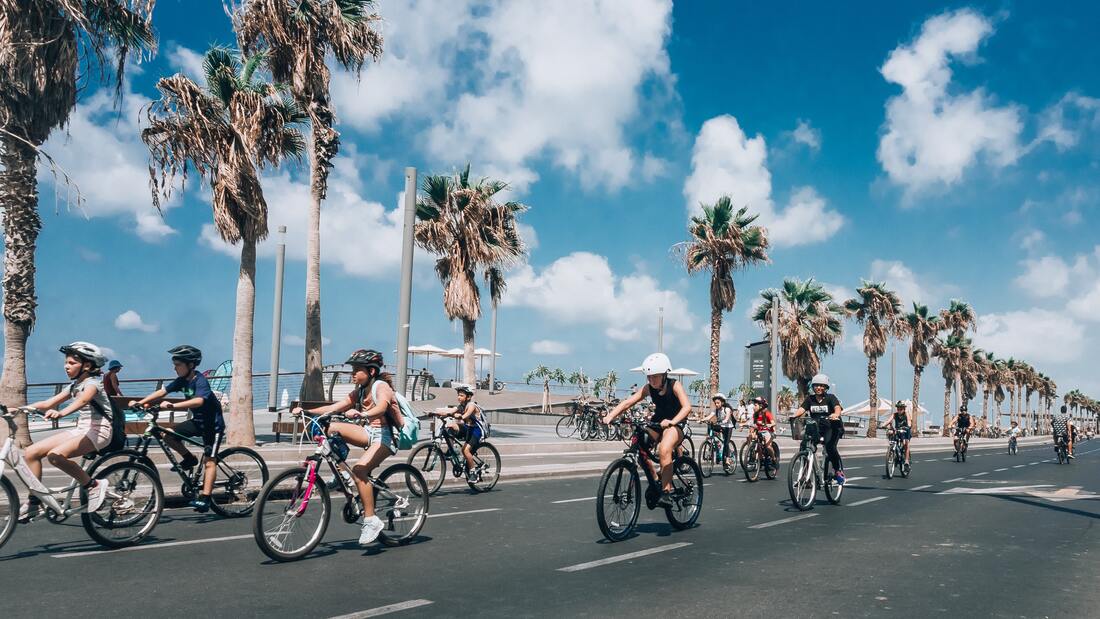*Growing Up Boulder (GUB) is a nonprofit program leading Boulder's child friendly city initiative. GUB is fiscally sponsored by the Colorado Nonprofit Development Center (CNDC), EIN: 84-1493585. Since 2009, GUB has worked with over 8,000 local children and youth on more than 100 projects and reached more than 2.5 million people globally.
© COPYRIGHT 2015. ALL RIGHTS RESERVED.


